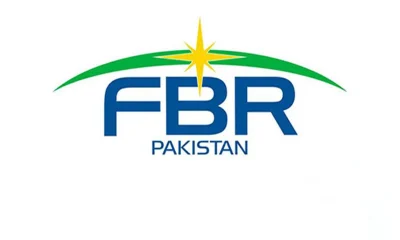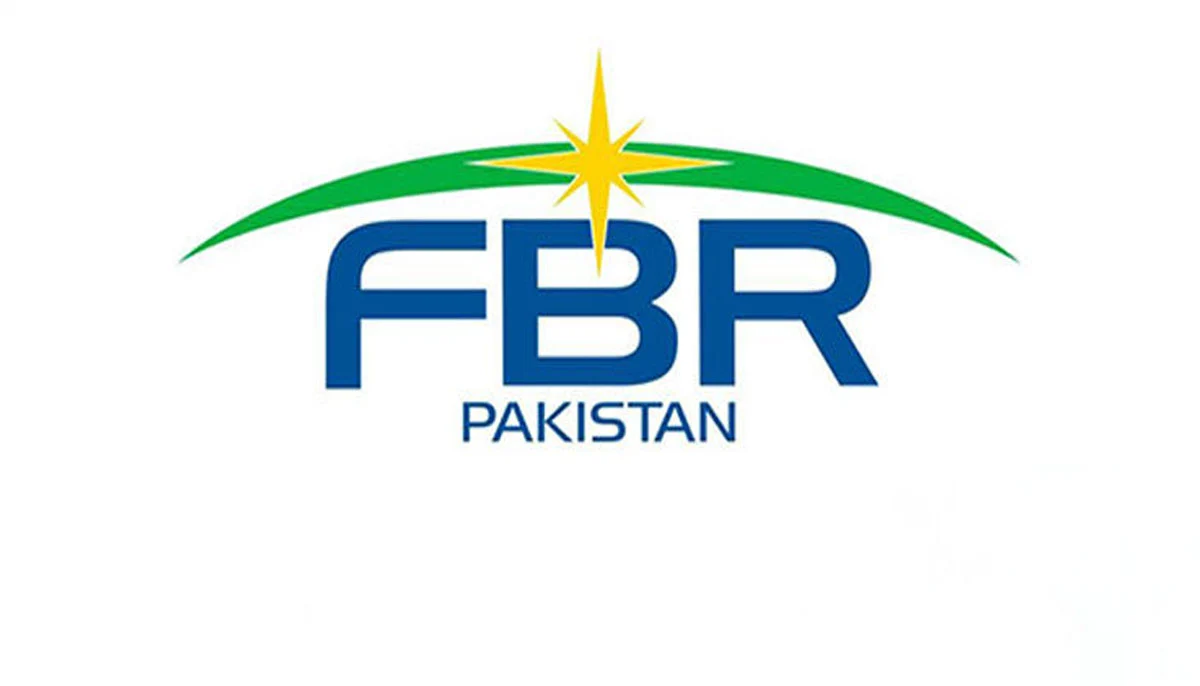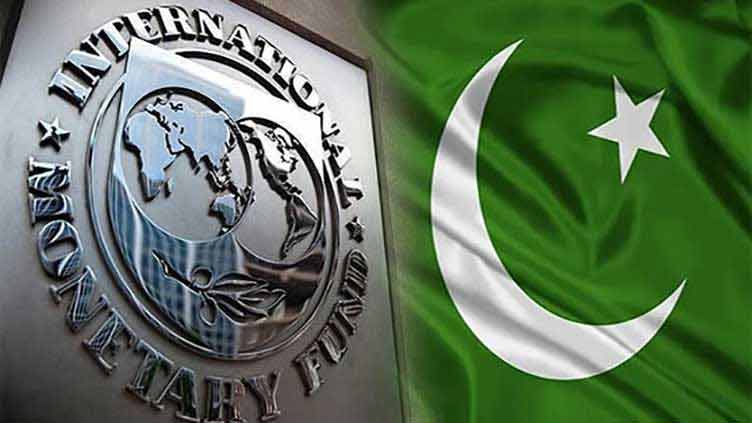- Consensus pave way for $450 to $500mn loan from World Bank.
- Decision will allow businesses to file one return of GST every month.
- NTC appreciates stakeholders for building consensus.
ISLAMABAD: The federal government and the four provinces reached a consensus on the harmonisation of the general sales tax (GST) on goods and services, paving a way for the approval of a $450 to $500 million loan from the World Bank, The News reported Tuesday.
Finance Minister Ishaq Dar on Monday chaired the meeting of the National Tax Council (NTC) which showed appreciation towards the stakeholders for building a consensus and settlement of the decision on the harmonisation of GST for ease of doing business.
This decision will allow businesses to file one return of GST every month instead of filing five returns as one portal for filing GST returns would be placed.
According to the official announcement, the Federal Board of Revenue (FBR) chairman and provincial stakeholders evolved a consensus to proceed ahead in the spirit of greater national interest for harmonisation of GST under the umbrella of the NTC.
In the past, a consensus was agreed but no change in subsequent laws was made; that’s why it resurfaced again. However, official quarters argued that there was a major difference this time as Sindh and all other provinces agreed in the noted official minutes of the NTC meeting that everyone agreed on the consensus of harmonisation of GST on goods and services.
“If there is a requirement, then the subsequent laws will also be changed,” said a top close aide to the minister for finance, adding that the Centre and provinces had struck a consensus with the strategy of “give and take” for achieving a compromised agreement on a definition of goods and services in order to differentiate between the jurisdiction of federal and provincial governments.
Under the 1973 Constitutional arrangement, goods are the jurisdiction of the federal government and services fall under the domain of the provinces. The centre and provinces struck an agreement to resolve lingering disputes on the jurisdiction of taxation on toll manufacturing which was with the federal government, the right to collect GST on transportation rests with provinces, and taxation on construction will be shared by the centre and provinces as per constitutional arrangements and the right of GST collection on restaurants would be the domain of the provinces.
On the right to GST collection from restaurants, a heated debate occurred among the FBR and provincial authorities and finally, NTC decided to accept the right of provinces to continue the collection of GST as the right of the provinces.
A close aide to Dar said that he had convinced both sides to a consensus that the right of collection should be accepted in favour of those who could collect effectively and efficiently because ultimately it was aimed at enhancing the size of the pie.
He also reminded the provinces that around 60% collection of the FBR was returned to the provinces through a share of the NFC Award so the spirit of distribution of jurisdiction should be aimed at ensuring increased revenue collection. When asked about the proposal for handing over the right of collection of Agriculture Income Tax (AIT) to the FBR, he said that the FBR footprint was quite limited and its officers could not go into far-flung villages so he had asked the provinces to bring the rate of AIT in line with the FBR’s rate of tax on taxable income brackets. “Instead of taking big steps, we can move forward by making small moves,” he added.
The official statement stated that Punjab Finance Minister Mohsin Leghari, State Minister for Finance and Revenue Dr Aisha Ghous Pasha, Special Assistant to Prime Minister on Finance Tariq Bajwa, SAPM on Revenue Tariq Mehmood Pasha, secretary of finance, chairman FBR, provincial finance secretaries and other senior officers of Finance Division attended the meeting.
The meeting reviewed the progress on the decisions of the last meetings of the NTC on the harmonisation of GST across the country. The finance minister said that in order to have ease of doing business, harmonisation of GST was important. Further, GST harmonisation will be a major step towards the completion of policy actions under the World Bank’s RISE programme.
The participants shared their opinions on the harmonisation of GST. Pakistan is eyeing to secure World Bank’s program loan titled Resilient Institutions for Sustainable Economy (RISE)-II to strengthen the fiscal framework, and promote growth and transparency.
The proposed operation for a loan of $450 to $500 million focuses on improving fiscal management and fostering growth and competitiveness.

 Latest News3 days ago
Latest News3 days ago
 Latest News21 hours ago
Latest News21 hours ago
 Business21 hours ago
Business21 hours ago
 Business3 days ago
Business3 days ago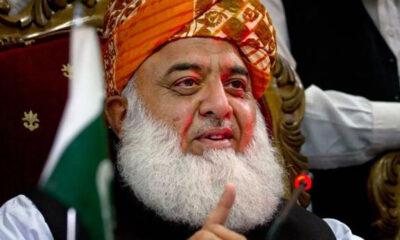
 Latest News3 days ago
Latest News3 days ago
 Latest News3 days ago
Latest News3 days ago
 Latest News3 days ago
Latest News3 days ago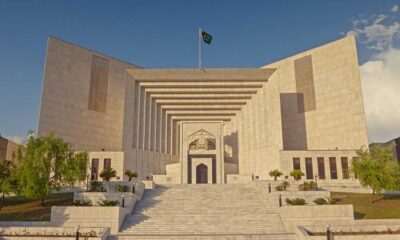
 Latest News3 days ago
Latest News3 days ago

